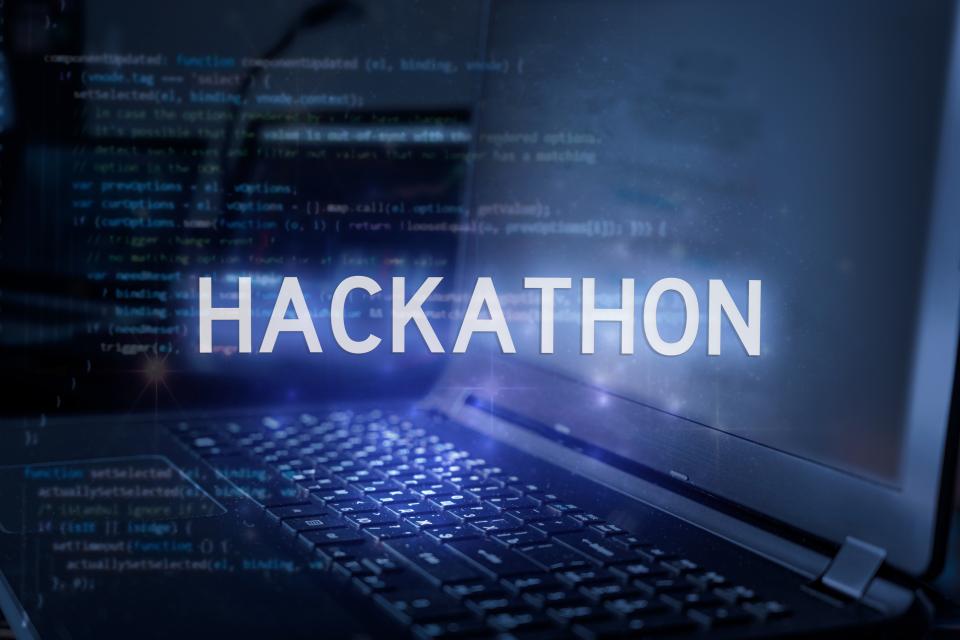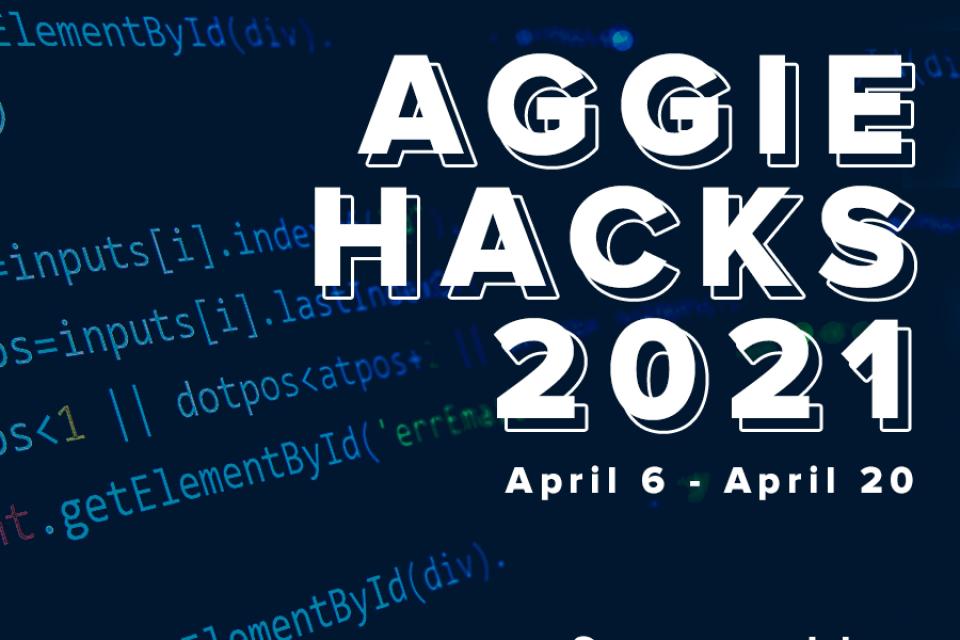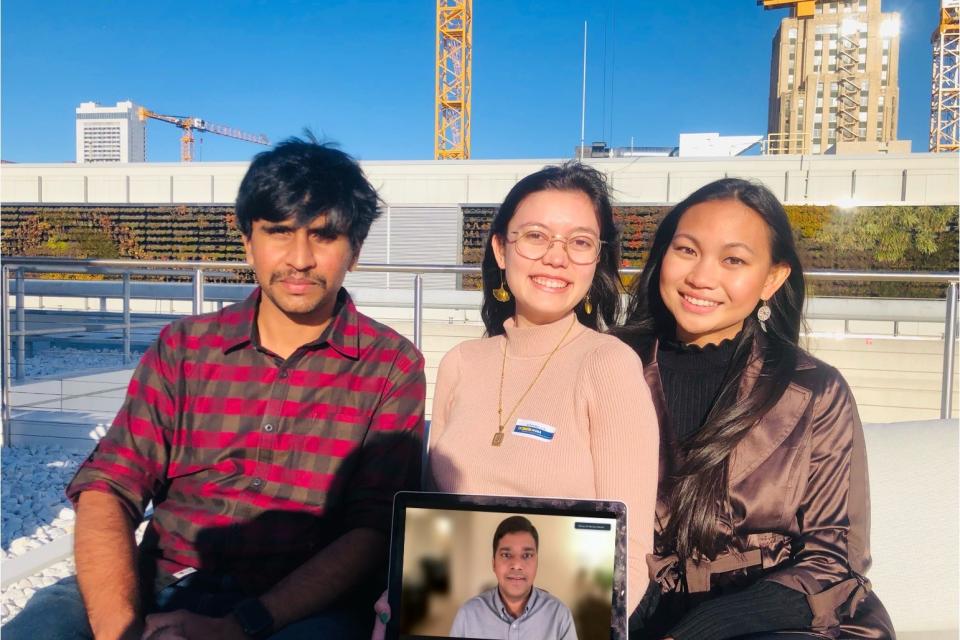Winning the UC Davis Aggie Hack 2024: Analyzing Data To Save Lives
Our 48-hour marathon to strategize road safety improvements for San Francisco
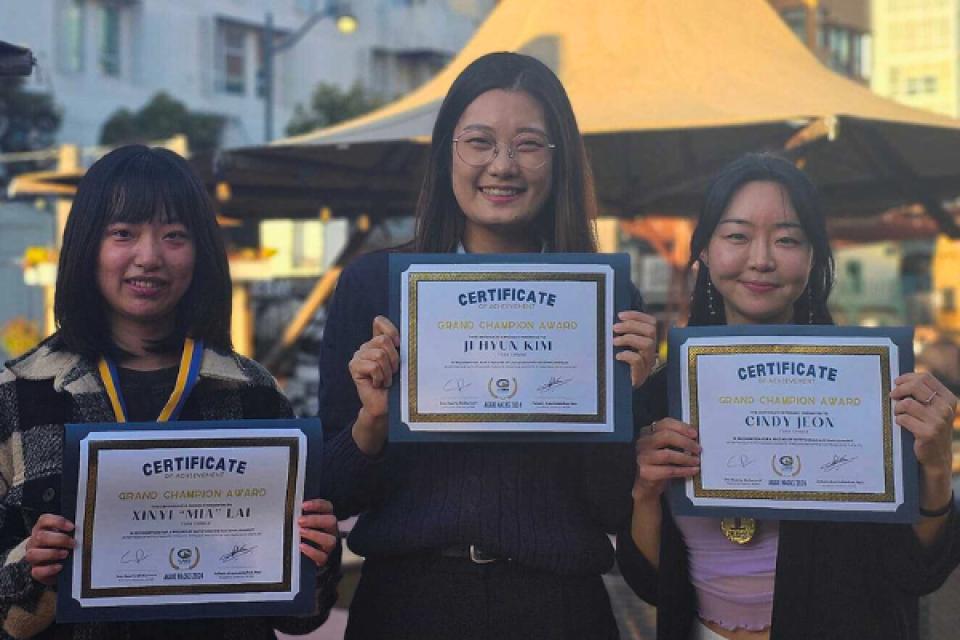
Joining the UC Davis MSBA program was a life-changing decision for me.
After years of thoughtful consideration, my growth mindset and spirit as a lifelong learner propelled me to take the leap.
The importance of data-driven decision-making in today's business world was particularly compelling, and I couldn't ignore the value of the MSBA program.
The past nine months have been undeniably challenging. Without any background in math or engineering, I struggled more than my classmates.
Yet, the satisfaction of learning and discovering new skill sets affirmed my belief that I made the right choice. I'm becoming a more data-driven and skilled professional. In addition, our cohort worked hard together, and it almost felt like a big family, supporting, and loving each other under the same purpose and goals.
While mastering new skillsets kept me on my toes, the Aggie Hack presented a one-of-kind opportunity. It was a great chance to test everything I'd learned in a real-world setting. Regardless of the outcome, I knew it would be a valuable and enriching experience.
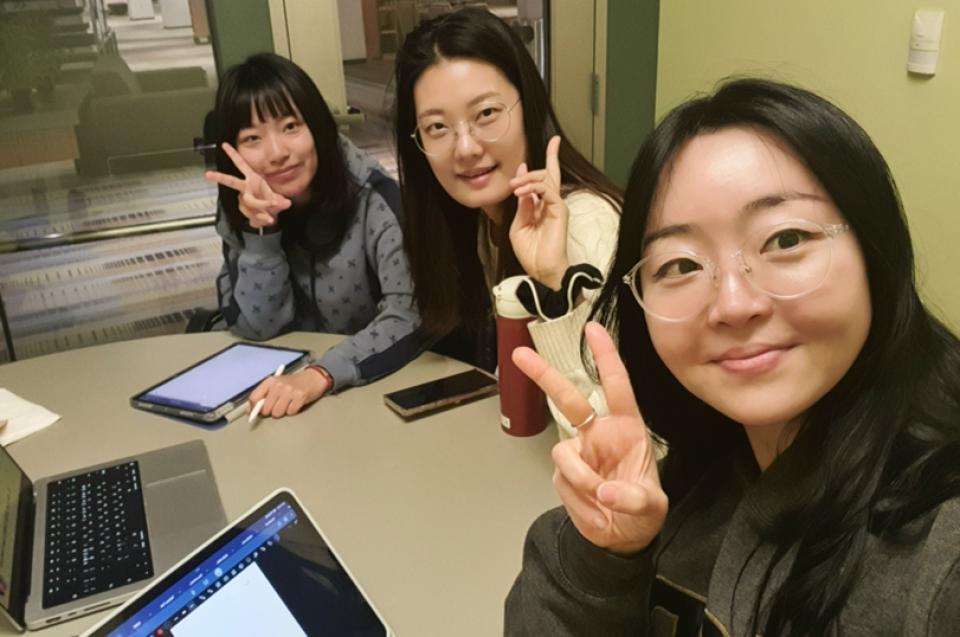
Team Chimak: Chicken, Beer and Business Acumen
For the hackathon, I joined forces with fellow MSBA students, Jihyun Kim and Mia Lai. Together, we're a data-driven trio with strong passion for analytics and data. With our diverse backgrounds in finance, marketing, and data, each of us brought a unique perspective and skillset to the hackathon, enriching our work.
The name "Chimak" is Korean for "chicken and beer." The three of us promised to celebrate with Chimak after the hackathon, which served as a great motivator as well.
Our Winning Strategy
Before we began, we devised a four-pronged approach for tackling the challenge.
1. Stand-out, Practical Solution: Recognizing that everyone would be using the same dataset, we prioritized creating a solution that stood out. We invested significant time in crafting an engaging narrative and impactful visualizations.
Additionally, knowing San Francisco's focus on practical solutions, we dedicated substantial effort to developing a proposal that was realistic and readily implementable (no robot police here!).
2. Clear Roles and Responsibilities: With only 48 hours and a team of three, we maximized our efficiency by clearly dividing roles. Instead of working on the same task, we assigned ourselves distinct roles as data analyst, solution architect, and researcher. This focus allowed us to work efficiently within the tight timeframe.
3. In-Person Collaboration: While Zoom is convenient, we opted to work in-person to fully experience the collaborative spirit of the hackathon. This allowed us to share ideas and experiences more effectively.
4. Balance and Fun: While winning was an aspiration, our primary goals were to create lasting memories and leverage the knowledge we gained throughout the semester. The hackathon presented a perfect opportunity for both learning and enjoyment. We minimized stress about winning and focused on having fun and cherishing the experience together.
The 48-hour Amazing Race
This year a record 19 mixed teams of UC Davis MBA and MSBA students participated in the contest.
Our goal for the Aggie Hack was enhancing road safety and reducing traffic fatalities in San Francisco through data-driven strategies.
San Francisco has an ambitious goal of eliminating all traffic fatalities and severe injuries. Using data analytics, the city looks to identify high-risk locations, contributing factors, and collision patterns to develop safety strategies.
The first day was dedicated to deep data exploration and research. Our team tried to find what is causing San Francisco traffic collisions by analyzing traffic data to see collision patterns, trend, frequency. We also identified key factors in fatal accidents using Poisson regression, a generalized linear model form used to analyze count data
On the second day, armed with these insights, we deployed a random forest model. This model incorporated the previously identified features, along with two additional factors we believed influenced risk. In parallel, we prioritized crafting realistic and actionable solutions.
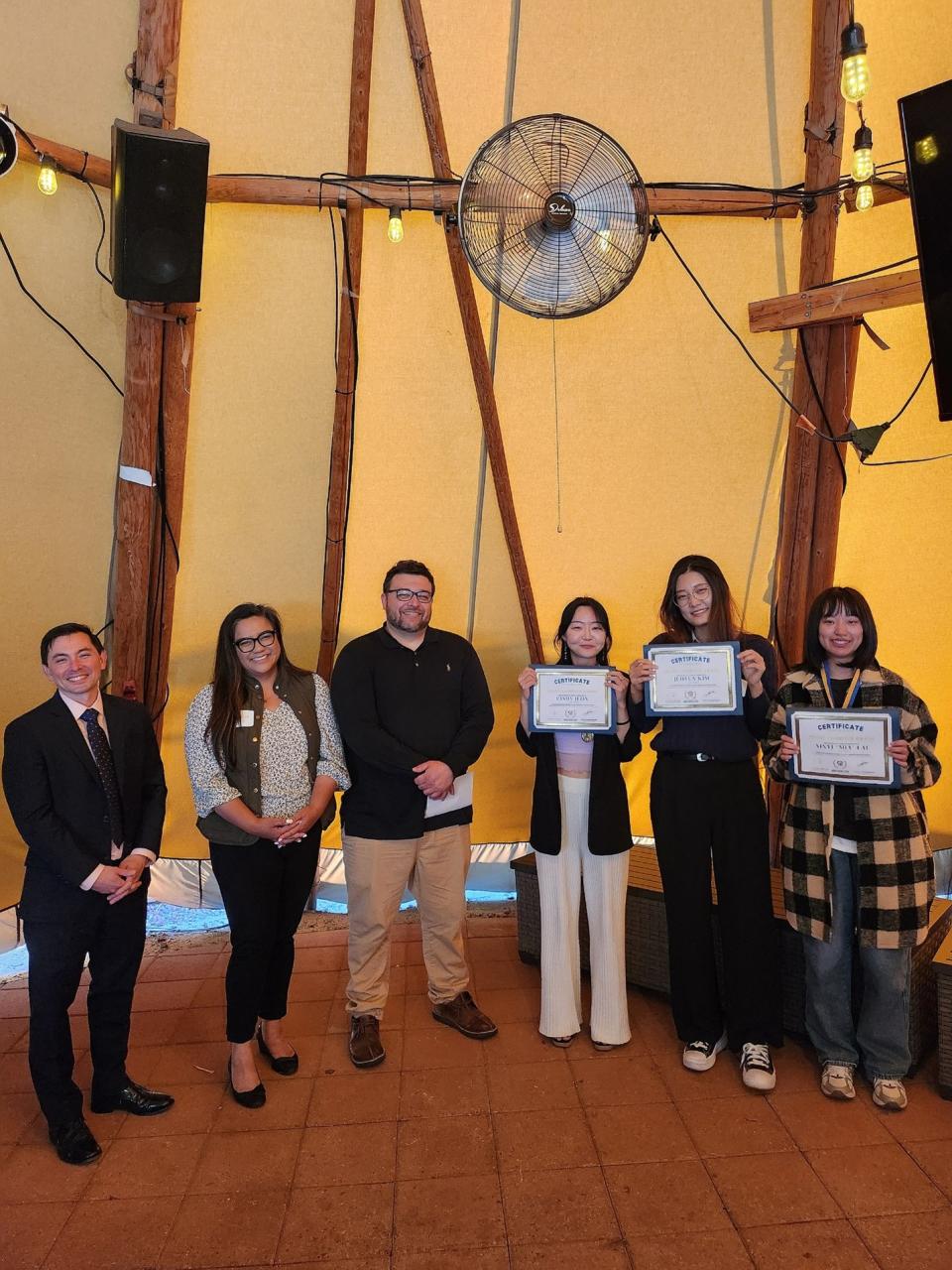
Even after going home, we met on Zoom to refine every detail of our presentation. We aimed to ensure it was not only filled with amazing insights and content but also visually captivating.
The UC Davis Aggie Hack challenged teams to enhance road safety and reduce traffic fatalities in San Francisco through data-driven strategies.
Aggie Hack Champions!
During the first round, the field of 19 teams narrowed to eight finalists—including Team Chimak! We were fortunate to be among the teams that presented in person to expert judges and representatives from San Francisco. We were evaluated on business insights, data analysis, business storytelling and solution development.
At the final awards ceremony at Spark Social SF, the venue was illuminated by the sunshine, mirroring the upbeat spirit of our team. Even as the second-place announcement passed without our name, our team was still enjoying the great time we had, talking about our experiences and discussing how we would continue to deliver insights to the world.
When our team was announced as the winner, one of my teammates wept with joy. In the challenging job market, juggling full-time studies with uncertain outcomes can take a toll. We all understood that emotions ran high.
The Aggie Hack wasn't just about the award; it was a validation of our efforts and a confirmation that we're on the right track.
It held a deeper significance than simply a trophy. It represented only 48 hours of effort, but the hack was the culmination of our nine-month journey—and much more.
I'd like to express my deepest gratitude to our faculty, the Aggie Hack partners the City of San Francisco, Standard Insights, and SPANDA.AI, and most importantly, to my incredible teammates who made this victory possible. Go Aggies!
For a detailed overview of our presentation, check out my blog on Medium.
